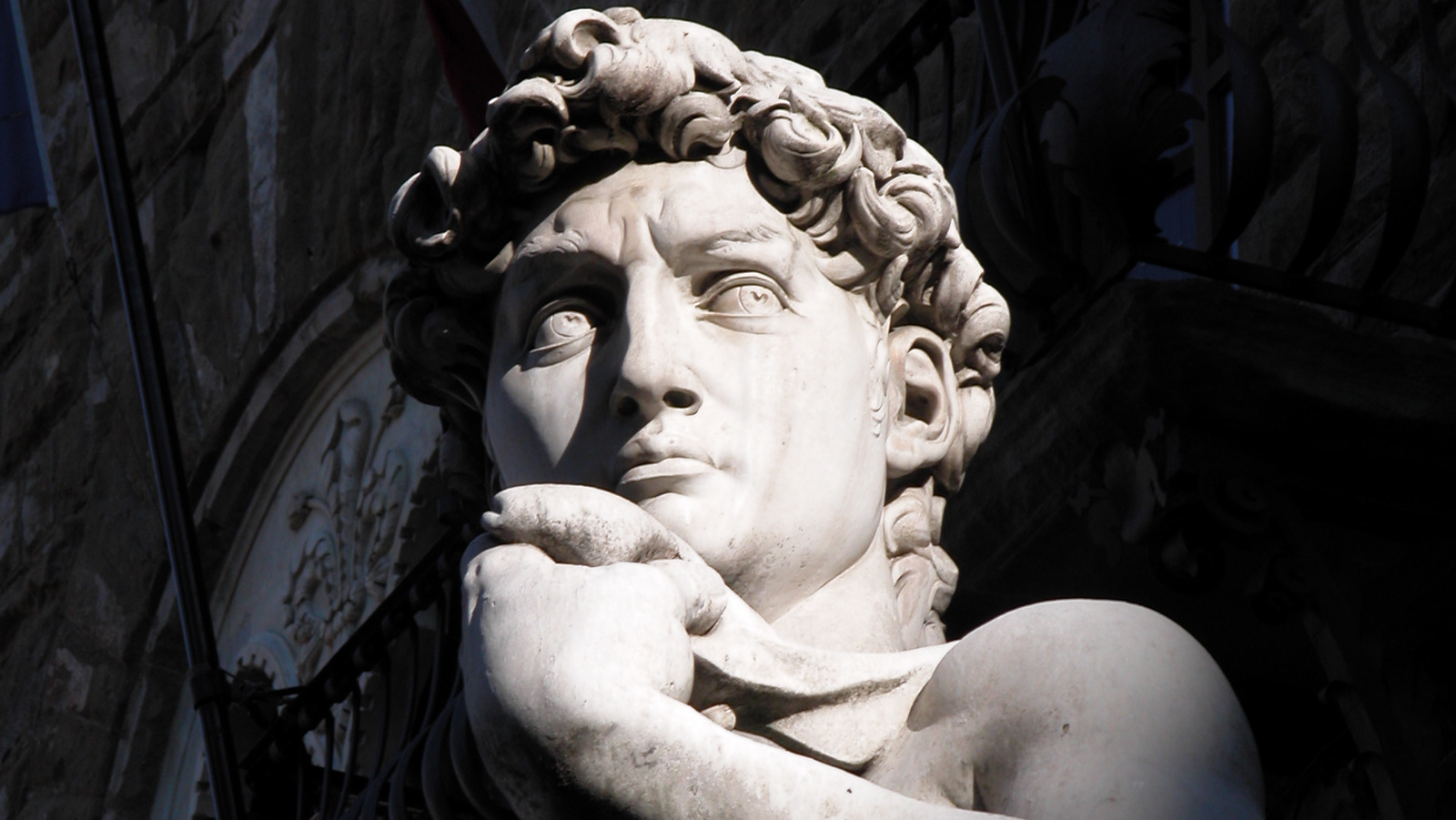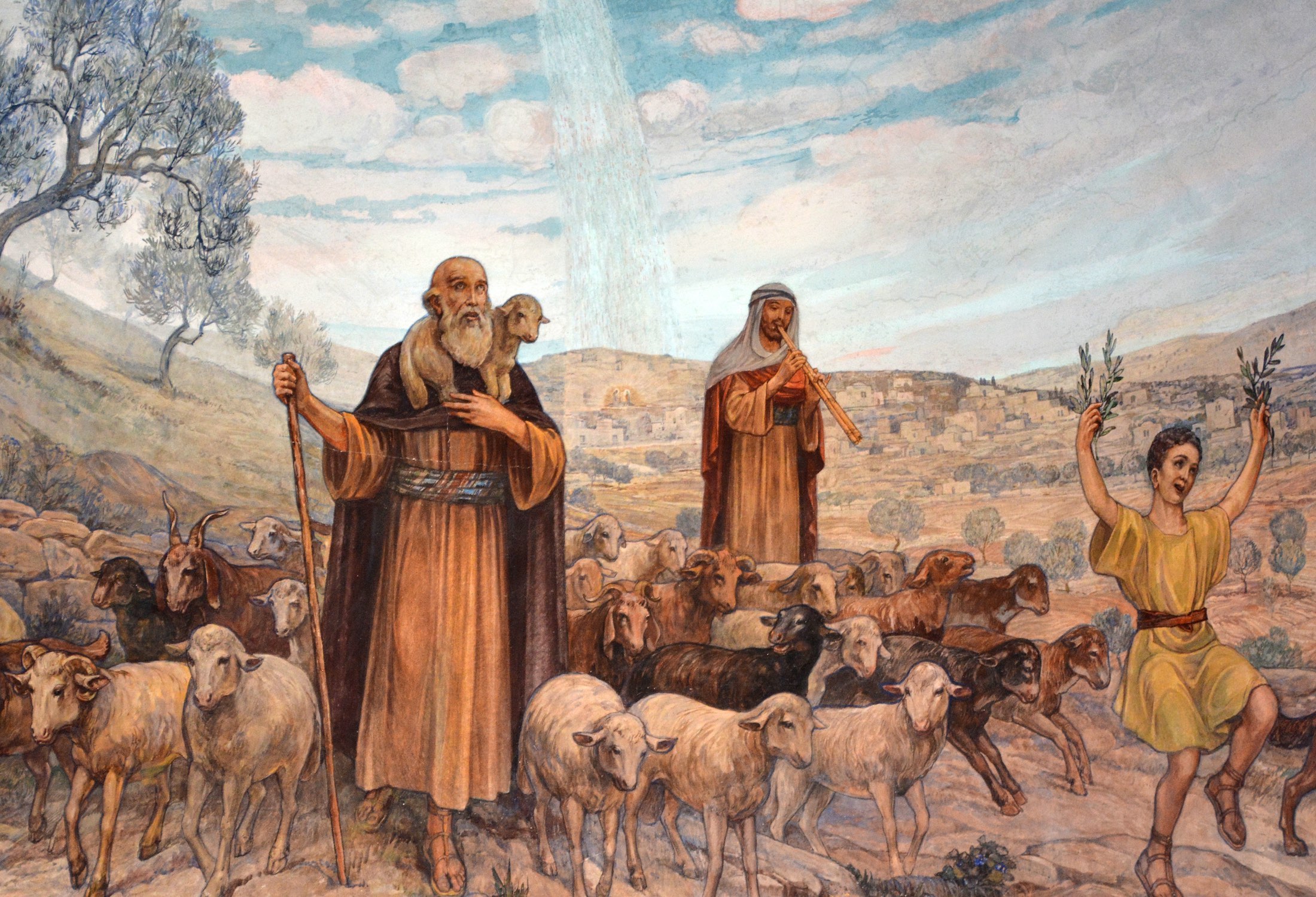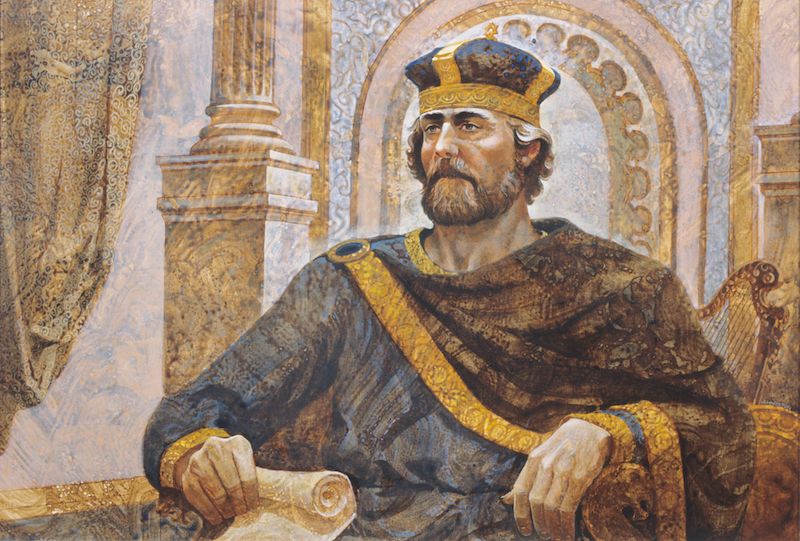How Tall Was King David in Biblical Accounts?
—
Discovering King David: Answering Popular Questions
King David, a central figure in biblical history, has intrigued people for centuries. From his remarkable feats to his physical characteristics, many aspects of his life spark curiosity. In this blog post, we’ll delve into some frequently asked questions about King David and uncover fascinating details about this iconic leader.

How tall was King David?
King David’s exact height isn’t specified in the Bible or other historical records. However, many scholars believe he was of average height for his time. What makes his story remarkable is not his stature but his bravery and faith, highlighted by his victory over the giant Goliath with just a sling and a stone.

When was King David born?
King David is believed to have been born around 1040 BCE. His reign as the king of Israel began circa 1010 BCE and lasted until approximately 970 BCE. His early life, marked by his battle with Goliath and rising tensions with King Saul, set the stage for his influential rule.

What was King David known for?
King David is best known for his multifaceted contributions as a warrior, king, and poet. His defeat of Goliath is one of the most famous biblical stories, showcasing his bravery. He united the tribes of Israel, established Jerusalem as its capital, and laid the groundwork for the future temple built by his son Solomon. Additionally, David is credited with composing many of the Psalms found in the Bible, which reflect his deep spirituality and complex emotional life.
Who were King David’s children?
King David had many children by various wives and concubines. Some of his more notable children include:
– Solomon: David’s son with Bathsheba, who succeeded David as king and built the First Temple in Jerusalem.
– Absalom: Known for his rebellion against David.
– Amnon: David’s firstborn son, whose actions led to familial strife.
– Tamar: Absalom’s sister, whose tragic story is recounted in the Bible.
What were King David’s achievements?
King David’s achievements are numerous and significant:
– Military victories: He expanded Israel’s territory and secured its borders against surrounding enemies.
– Political unification: David unified the twelve tribes of Israel, bringing stability and cohesion.
– Cultural and religious contributions: He moved the Ark of the Covenant to Jerusalem, making it the spiritual center of Israel. His psalms have deeply influenced Jewish, Christian, and Islamic traditions.
– Legacy in Jerusalem: By establishing Jerusalem as the capital, David set the foundation for its religious significance that endures to this day.
What was King David’s relationship with God?
King David’s relationship with God was deeply personal and complex. Known as “a man after God’s own heart,” David’s life was marked by both profound faith and severe moral failings. The Psalms he composed reflect his dependence on God, his repentance for sins, and his enduring trust in God’s mercy and justice. Despite his flaws, David’s heartfelt devotion and repentance ensured that his lineage continued through Solomon, leading to the eventual coming of Jesus Christ in Christian tradition.
Summary Table of Key Questions and Answers
| Question | Answer |
| How tall was King David? | His exact height isn’t known, but he is believed to have been of average height for his time. |
| When was King David born? | Around 1040 BCE. |
| What was King David known for? | Known for his bravery (e.g., defeating Goliath), political and religious unification of Israel, and composing many Psalms. |
| Who were King David’s children? | Notable children include Solomon, Absalom, Amnon, and Tamar. |
| What were King David’s achievements? | Military victories, unification of Israel, cultural and religious contributions, moving the Ark of the Covenant to Jerusalem, and establishing Jerusalem as the capital. |
| What was King David’s relationship with God? | Marked by deep faith, devotion, repentance, and significant influence through his psalms. |
King David’s life, rich with heroism, leadership, poetry, and spirituality, continues to be a source of inspiration and study. His legacy not only shaped Israel’s history but also left an indelible mark on the world’s religious and cultural landscapes.








